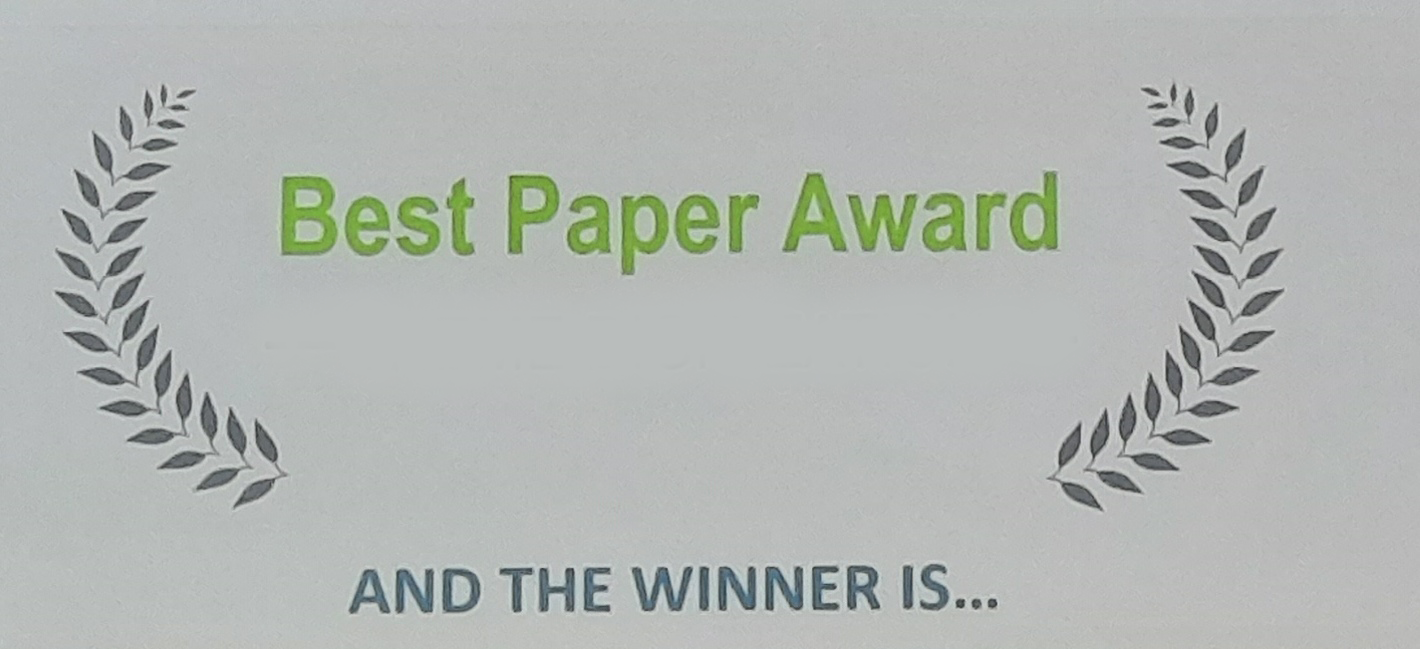Potential of WASTE WATER HEAT RECOVERY in reducing the EU's energy need
DOI:
https://doi.org/10.34641/clima.2022.439Keywords:
Waste-Water Heat-Recovery, Fit for 55 climate action, EPBD, hot water production, system losses, energy efficiency first, ZEB, state of the artAbstract
After extensive research, Waste-Water Heat-Recovery (WWHR) technology was identified as the most promising technology to unlock the under-addressed potential in reducing the energy need for water heating. Particularly interesting application of WWHR is for showering, which accounts for about 70 to 82 % of the daily residential hot water tapping profile. Shower-wise installed heat-exchangers offer a cost-effective way of utilizing otherwise wasted heat for preheating cold fresh water, thus reducing the temperature span covered by the water heater. The total energy demand savings for hot water heating can be up to 40 %. The unique advantage of WWHR, is achieving high thermal energy savings without compromising on user comfort with low material and monitary needs. The cost-effectiveness of WWHR is best in climates with cold ground temperatures and in cases where showers are used extensively. At European level, the WWHR itself is theoretically capable of surpassing the energy savings targets planned in the "Fit for 55" climate action in the hot water sector, if all buildings are equipped accordingly. If between 2022 and 2030, every second anyways renovated or newly constructed building in Europe were equipped with the WWHR system, 35.7 TWh less energy would have to be generated and 6,6 Megatons of CO2e emissions less emitted. Although WWHR has been a well-proven technology for decades in some countries; it is still unknown in most European regions. Further action, in particular the creation of a European legal framework, the training of professionals and the granting of subsidies, is needed to accelerate the adaptation of this promising, sustainable technology into practice.




